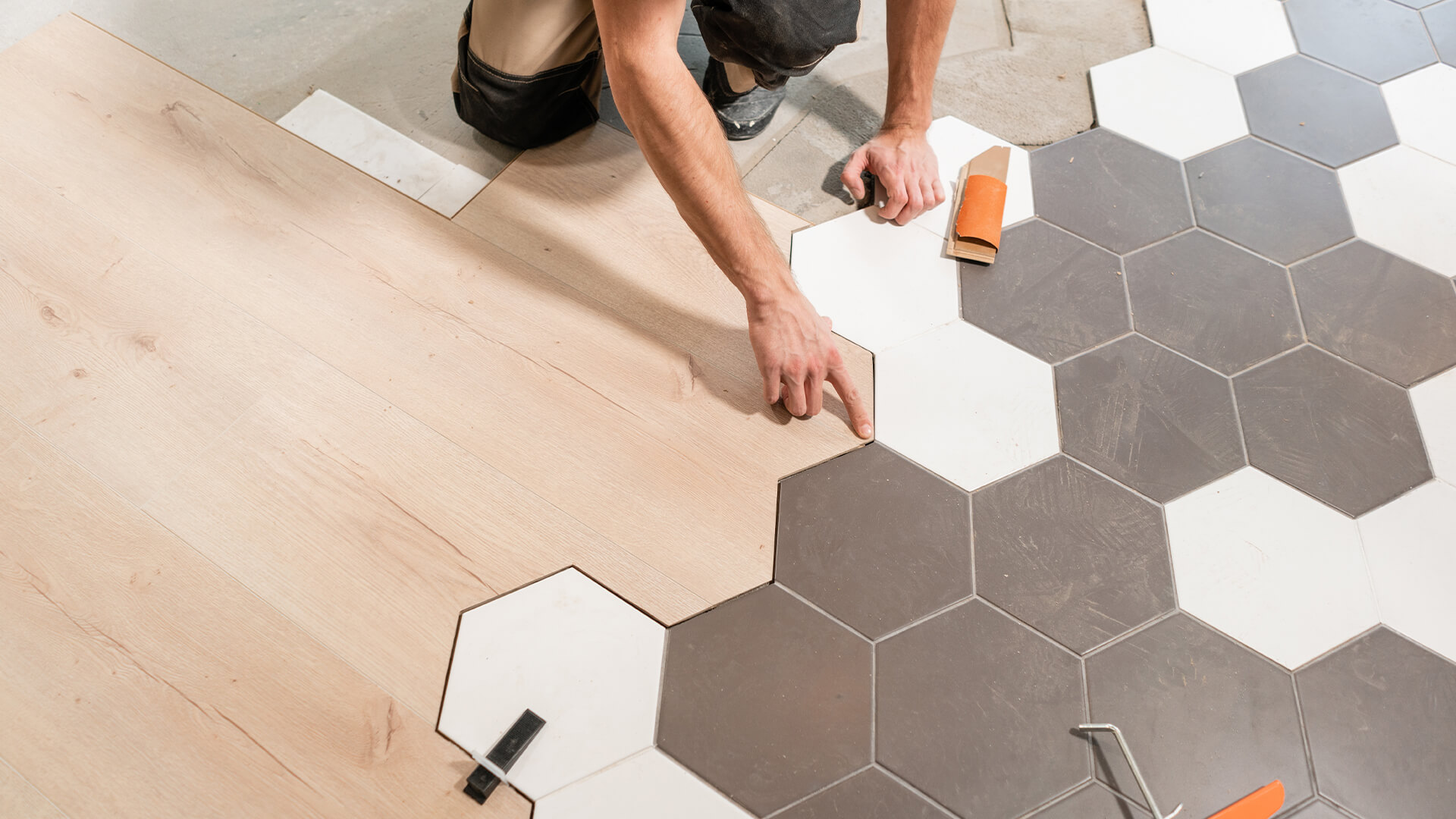Renovating your home can be one of the most rewarding projects in your life. From patio extensions to double glazing upgrades, every design and building choice is at your discretion.
The option to renovate your own house is clearly popular, with 2,600 monthly Google searches for ‘house renovation’ in the UK and another 1,900 monthly Google searches for ‘home renovation’. Turns out, a lot of people are looking into fixing up their own property. However, while you can benefit from a refitted home, there are some challenges to overcome. The process of building, decorating, and installing essential appliances can be expensive.
If you fancy renovating your own house, you may be looking to keep the costs down to help save money or give yourself some extra cash for other parts of the project. Here, we explore ways you can keep costs down when undertaking your own home renovation project.
Know your budget
Before you get started, it’s essential to settle on a budget. Decide what you can afford on your renovation project. This way, you can plan how much money you can afford to set aside for each part of the extension or redecoration. This level of assessment before you begin is essential for saving money, as it means that you understand how much the process will cost. You may need to divert money into different parts of the project and surrender aspects of your renovation that you had intended to undergo. You can also budget for a ‘surprise expenses’ pot, understanding that sometimes not everything goes to plan with renovations, and things can cost more. Of course, some things may cost less than you planned. That’s always a bonus.
Simple styles
We know that you’re not recreating Versailles, but you should ensure that your renovation plans aren’t too complex. Simple designs have low costs. When building an extension, for example, each extra corner of your build means extra labour and material costs. So a basic four-walled extension can save a lot of time and money. This doesn’t mean that you need to surrender style. Plenty of simple home renovations can still achieve amazing aesthetics and boost your property value.
DIY is your best friend
If you can do something yourself, you should. DIY is one of the best ways to save money when renovating your own home. Of course, some jobs need an expert hand. But things like decorating and garden maintenance can be done yourself to save costs. You can also learn new skills while renovating your own home. Could you plaster your walls or lay your own flooring? These are easy aspects of your renovation project that you could learn how to do to save some money.
Material sourcing
Think creatively about the materials that you use. Have you got any waste material that could have a second life in your home? Second-hand items can also be sourced and used at a low cost. Cheaper materials can also help you save money. Can you use plywood or soft board wood instead of hardwood in areas of your home? Using natural features of your home, such as exposed walls, can create a pleasing aesthetic without hurting the bank. If you knock down a wall, is there the potential to reuse bricks when building another part of your home?
Cost of contractors
When using contractors, it’s important to not give too much of the project away. Using individual suppliers for different aspects of the renovation project means that you can find the best price. Ask from quotes from about three different contractors to find the greatest deal on your project. Do this for every aspect of your project, including bricklaying, roofing, electricity, and plumbing. By doing this, you can ensure that costs are kept low and you get the most for your money.
Prepare for living
The cost of a renovation project doesn’t end when you’ve finished fixing up the house. If you’ve extended or increased the size of your home, heating and energy costs may also rise. However, further upgrades during your home renovation can help save money. For off-grid homes currently running on oil-fired heating, an oil to gas conversion offers many benefits. Firstly, LPG gas is a greener solution than oil, emitting 20 per cent less carbon dioxide. Secondly, gas boilers are more affordable to install than oil boilers. Additionally, alternatives such as heat pumps can carry large upfront installation costs.
Installing other sustainable utilities can also be beneficial, including wastewater heat recovery systems or solar panels to produce electricity at your home. Using LED lighting can also be more affordable to run than standard lithium bulbs. Important investments during your renovation project can help you save money in the future.
Are you ready to begin renovating your home? Prepare yourself for the challenges and rewards of expanding and fixing up your house and discover more ways to save money. From affordable energy to DIY skills, renovating your home doesn’t have to dig too deep into your pockets.
































